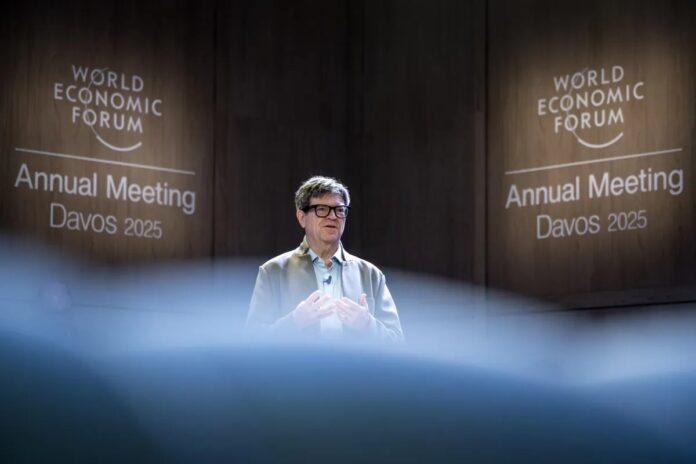Yann LeCun, Meta’s esteemed chief AI scientist and a pioneer in the field, is reportedly preparing to leave the company to establish his own startup. This comes from sources cited by the Financial Times, who say LeCun intends to launch the venture within the coming months and is already seeking funding.
LeCun, a renowned figure with accolades including a prestigious Turing Award (the highest honor in computer science) and a professorship at New York University, has been instrumental in shaping Meta’s AI direction. His departure would mark a significant blow to the company as it navigates an increasingly competitive landscape in artificial intelligence.
The focus of LeCun’s new venture will reportedly be on further developing world models, a cutting-edge concept in AI. These systems are designed to create an internal representation of their environment, enabling them to simulate cause-and-effect relationships and predict future outcomes. Leading research institutions like Google DeepMind and innovative startups like World Labs are also actively pursuing the development of world models, making this an area of intense interest and competition.
LeCun’s exit coincides with a period of substantial change within Meta’s AI division. The company is undergoing a restructuring effort in response to growing concerns that it is falling behind rivals like OpenAI, Google, and Anthropic in the race for AI dominance.
Meta has taken several drastic steps in recent months. These include:
* Hiring over 50 engineers and researchers poached from its competitors to form a new AI unit called Meta Superintelligence Labs (MSL).
* Investing $14.3 billion in data-labeling company Scale AI, bringing on board their CEO Alexandr Wang to lead the newly formed division.
However, this rapid transformation has reportedly led to internal friction within Meta’s AI department. Sources speaking to TechCrunch in August described a “chaotic” atmosphere, with new recruits struggling to adapt to the established corporate bureaucracy while the company’s previous generative AI team grapples with a diminished scope of work.
This contrasts sharply with LeCun’s work at FAIR (Fundamental AI Research Lab), Meta’s long-term research arm, where he has been conducting foundational research on AI techniques potentially applicable years down the line. FAIR’s focus seems to have taken a back seat to Zuckerberg’s more immediate priorities following the lackluster performance of Meta’s Llama 4 family of AI models compared to rivals like ChatGPT and Bard.
Beyond these organizational shifts, LeCun has been publicly vocal about his reservations regarding the hype surrounding current large language models (LLMs). He argues that while exciting, LLMs are still far from solving humanity’s most pressing problems. In a tweet, he stated: “It seems to me that before ‘urgently figuring out how to control AI systems much smarter than us’ we need to have the beginning of a hint of a design for a system smarter than a house cat.”
LeCun’s departure underscores the intense pressure and dynamic shifts occurring within the AI sector. His move signifies a growing trend of top AI talent seeking greater autonomy and influence in their work, potentially fueling further competition and innovation in this rapidly evolving field.






































